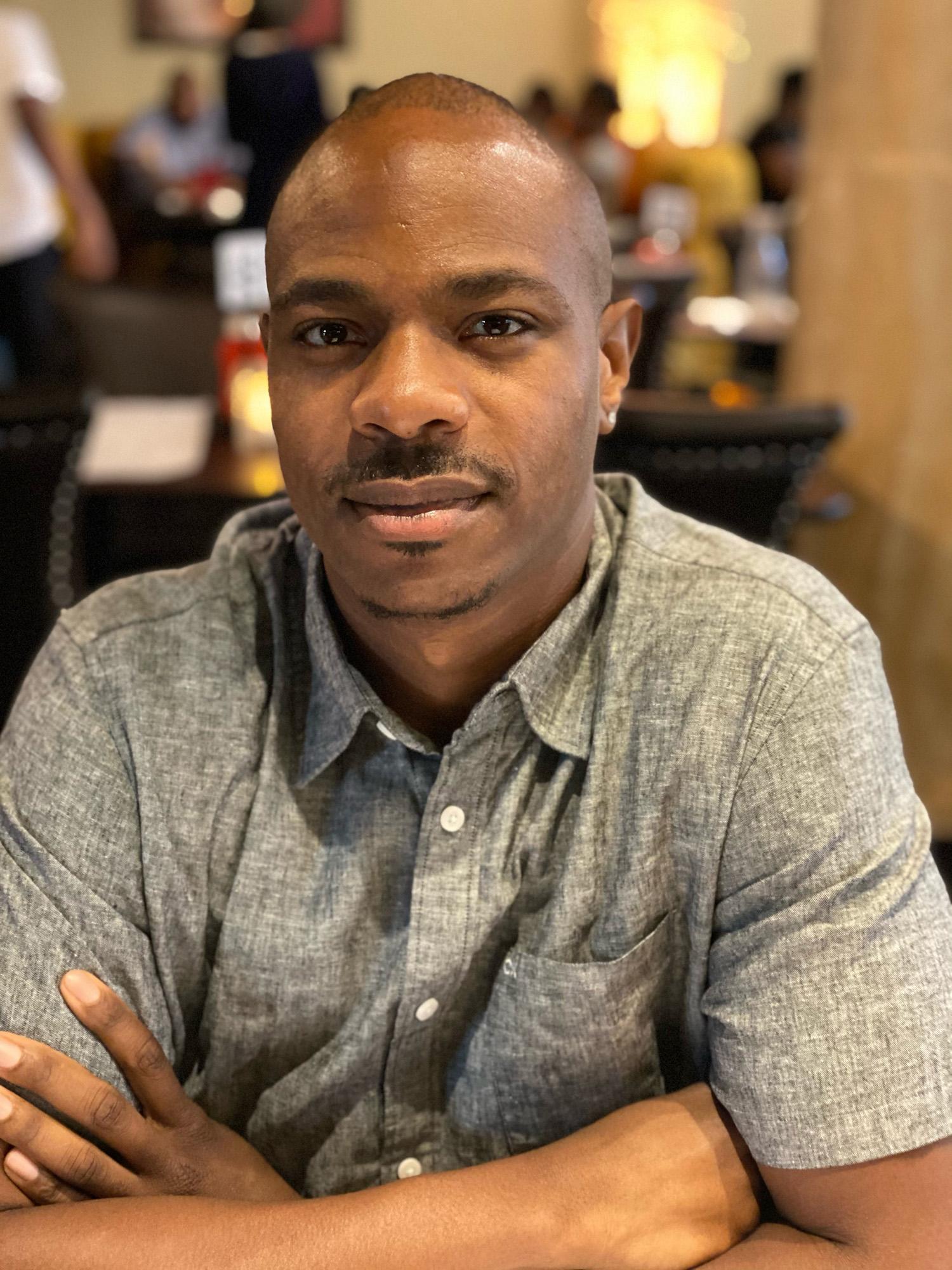Literacy and Rebellion: Enslaved African Americans and Resistance in the Antebellum South
Charles Terry, Ph.D.
CBSR Postdoctoral Scholar

Dr. Charles Terry is a historian of education who received his PhD in Educational Policy Studies from the University of Illinois Urbana-Champaign. His work is interdisciplinary in nature, dealing with aspects of history, education, Black Studies, and philosophy. His research focuses on ways in which enslaved African Americans resisted modes of physical bondage to subvert the existing hegemonic slave-owning order to gain literacy. His dissertation entitled "A Rebellious Education: Enslaved African Americans and the Fight for Literacy" explores this topic. Moreover, he has historically traced the passage of major anti-literacy laws in the 18th and 19th Century American South in the wake of enslaved rebellions by literate leaders like Nat Turner and Cato, and demonstrated how the passage of these laws was a political response to the threat of literate enslaved peoples. Additional work, published in the book Ordinary People, Extraordinary Lives: Oral Histories of (Mis)Education Opportunities in Challenging Educational Achievement, focuses on the role of a twentieth century female African American pioneer in the Midwest.
Constructing State Failure: Elites and the Demise of Black Governance in the United States
AJ Rice, Ph.D.
CBSR Affiliated Faculty
Department of Political Science

AJ Rice is an Assistant Professor of Political Science at the University of California, Santa Barbara. His research examines the public policy process and political behavior, with a focus on education, privatization, and Black governance. His current book project explores how racial discourses were leveraged by business leaders and policymakers to transform educational governance in Michigan and describes how Black citizens responded to this process. He was previously a University of California President's Post-Doctoral Fellow at the University of California, Los Angeles. His work has been published in a variety of venues, including, Perspectives on Politics (forthcoming), Souls: A Critical Journal of Black Politics, Culture and Society, the Journal of Cultural Geography, and The Popular Culture Studies Journal. He received his PhD in African American and African Studies from Michigan in 2020.